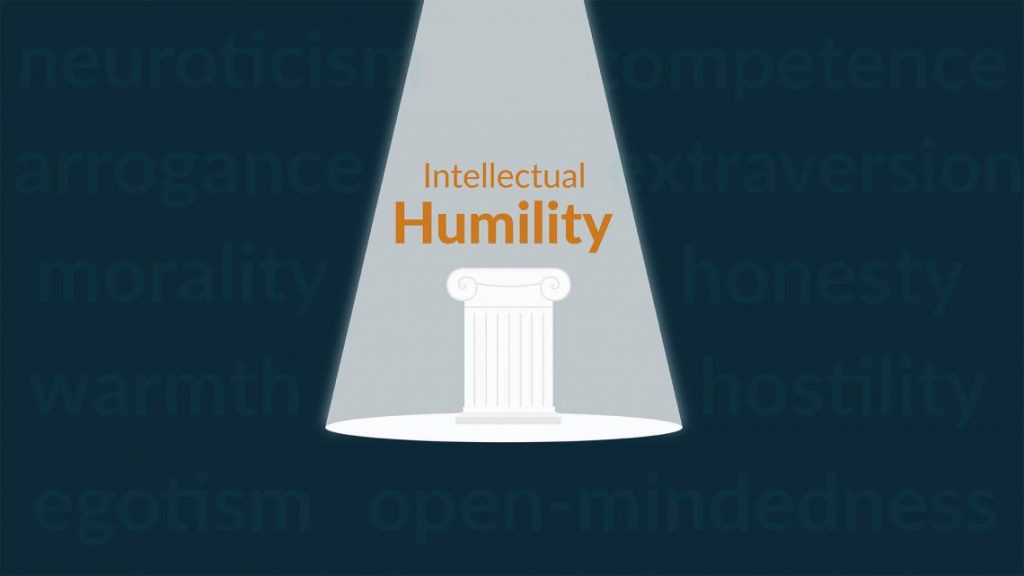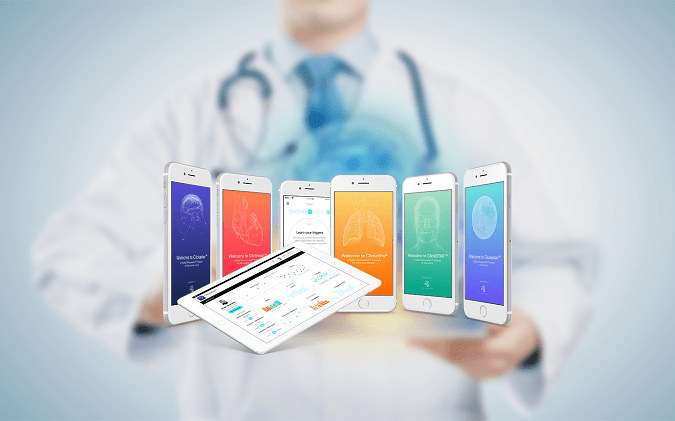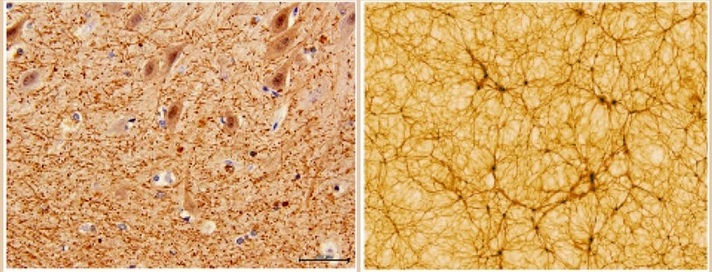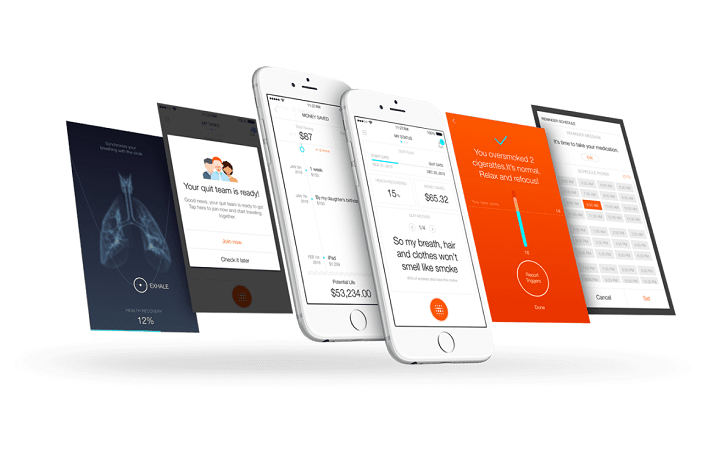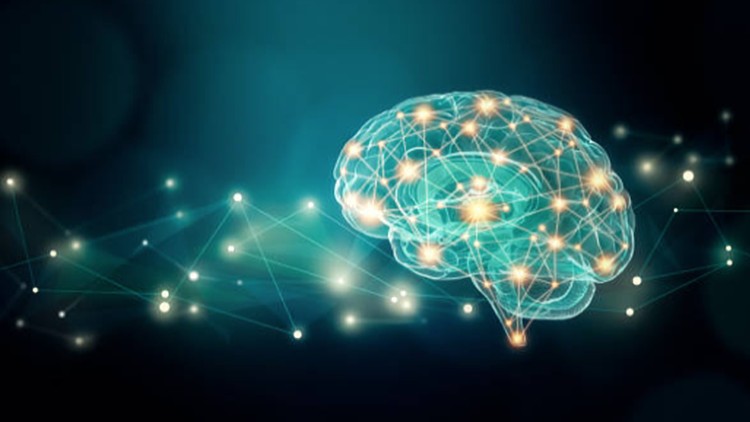Posts Tagged ‘Click Therapeutics’
Could I be wrong? Exploring cognitive bias, curiosity, intellectual humility, and lifelong learning
Welcome to a new edition of SharpBrains’ e‑newsletter, featuring eight timely scientific and industry news plus a few fun teasers to appreciate our unique human brains. #1. Could I be wrong? Exploring research on cognitive bias, curiosity, intellectual humility, and lifelong learning “None of us thinks that our beliefs and attitudes are incorrect; if we…
Read MoreClick Therapeutics raises further $52M to build up digital therapeutics pipeline for depression, insomnia, smoking cessation and more
With Sanofi still on board, Click Therapeutics closes $52M series B for digital therapeutics in depression, chronic pain and more (Fierce Biotech): Another medtech developer’s plans to create digital therapeutics to treat a wide range of illnesses are clicking into place, thanks to a third multimillion-dollar investment in Click Therapeutics in barely a year.
Read MoreInnovation in COVID times: Otsuka and Click Therapeutics announce fully virtual clinical trial, leveraging Verily’s Project Baseline
Otsuka launches pivotal trial of digital therapeutics for depression (MedCity News): Otsuka Pharmaceutical is launching a virtual study to see if digital therapeutics can reduce depression symptoms. It’s the next step in a partnership between the Tokyo-based drugmaker and Click Therapeutics, a digital health startup that is developing programs for smoking cessation, depression and insomnia.
Read MoreUpdate: Understanding Brain Health via Cosmological Health, and vice versa
Welcome to a new edition of SharpBrains’ e‑newsletter, featuring fascinating findings, books and resources for lifelong brain health. #1. “The human brain (section; left image above) functions thanks to its wide neuronal network that is deemed to contain approximately 69 billion neurons. On the other hand, the observable universe (section simulation; right image) can count…
Read MoreClick Therapeutics raises $30 million in debt to advance commercialization of smoking cessation app Clickotine
Click Therapeutics Secures $30M in Growth Capital from K2 HealthVentures to Expand Operations (press release): Click Therapeutics, Inc. (“Click”), a leader in Digital Therapeutics™ solutions as prescription medical treatments, today announced $30 million in debt financing from K2 HealthVentures (K2HV), a healthcare-focused specialty finance company, to accelerate commercialization of its leading smoking cessation solution, Clickotine™,…
Read MoreUpdate: A life of cognitive and physical exercise helps you stay sharp in your 70s and beyond
Welcome to a new edition of SharpBrains’ e‑newsletter, featuring 13 fascinating brain research findings, useful resources–and a brain teaser to test your attention skills. #1. Good news of the month: Elders today are in significantly better shape–physically and cognitively–than three decades ago #2. A distinction WITH a difference: Actual, sustained practice–not mere knowledge–is needed to…
Read More
